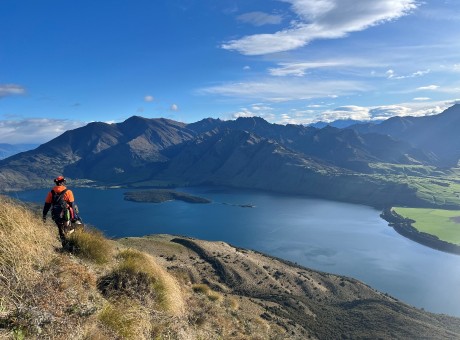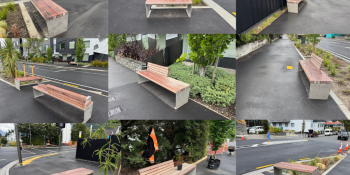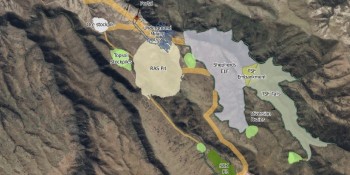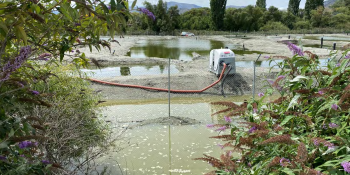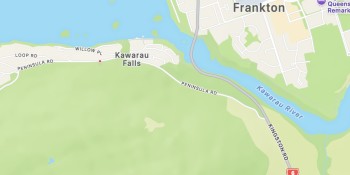Wānaka's 'predatory' taxis and how to avoid
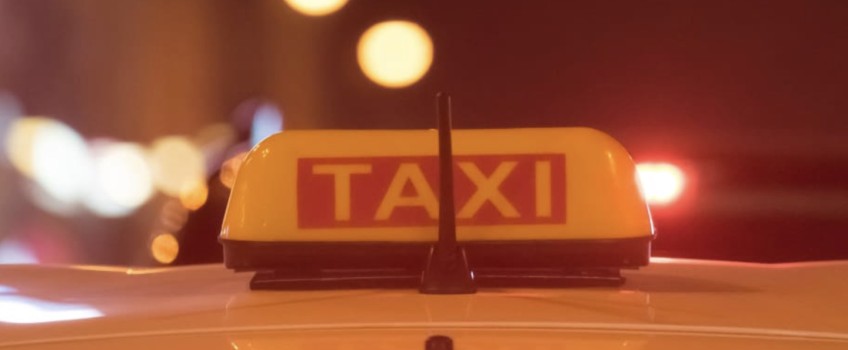
As many flock to Wānaka for New Year’s celebrations, so do independent taxi drivers looking to make good profits.
After last season’s overcharging complaints, Crux has asked Waka Kotahi and ConsumerNZ for some tips on how to avoid an unwelcome hit to the wallet.
In early 2022, Wānaka police received several complaints from taxi passengers saying they’d agreed upon a fare price prior to making a trip, only to then be charged a higher price in an EFTPOS transaction.
Deputy mayor and Wānaka-Upper Clutha resident Quentin Smith says he heard of similar overcharging behaviour – describing it as unethical, disappointing, and predatory – where taxi passengers agreed on a fare before hopping in, assuming it was the cost for the trip. When it was time to pay, taxi riders were told the given figure was the price per person.
To Mr Smith’s understanding, there’s not a lot that the local body can do around regulation other than managing the council’s taxi stands, and ensuring people are not picking up in taxi ranks without a permit.
“We probably need to investigate more means of regulation, but the industry did go through a period of deregulation and that made it difficult to manage those operators."
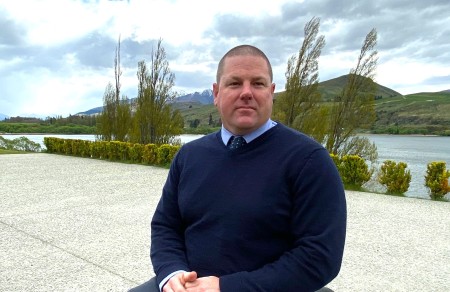
Deputy mayor Quentin Smith says the overcharging behaviour from taxis is predatory and unethical.
Police are in the same boat, and after investigating taxi complaints found there was insufficient evidence to prosecute – but say they’re on alert for it this year.
“Police are aware of a group of taxi drivers coming to the Southern Lakes area specifically for the New Year period and will be monitoring this group during the next New Year period,” a New Zealand police spokesperson says.
When asked, police did not disclose how many drivers were in the identified group and what this monitoring involved.
Information supplied by Waka Kotahi NZ Transport Agency shows independent taxis operate in a pretty lawless land – they can choose what they charge before the trip starts.
Reporting from Stuff's Olivia Caldwell in June shows the extent of overcharging, with independent taxis in Queenstown quoting up to $250 for a 14-kilometre trip over Matariki.
But on the other hand, charging a rate different to the agreed-upon price after the trip isn’t legal, the Waka Kotahi spokesperson says.
Those operating a small passenger service – like an independent taxi or Uber – agree to a total price or use an agreed distance or time rate (including a meter) with passengers before the trip starts and cannot charge higher.
Recommendations
Waka Kotahi encourages anyone with a concern about a passenger service operator to contact the operator in the if a fare differs from an agreed amount.
This is also the case if you are refused hire or if a longer route's taken.
If left unsatisfied with the response, Waka Kotahi says people can contact the organisation with their complaints.
Despite early antics in 2022, its National Complaints register for the year has no official complaints about taxi drivers overcharging locally.
ConsumerNZ has told Crux they also haven't received any complaints of taxis overcharging in the district or in any area this year, but offers advice for those in need of a late-night lift.
It says a driver’s ID card should be clearly visible - if you can’t see an ID card, ask for it – if there isn’t one then get out of the taxi.
“You should always note the name and number of the taxi company you choose. This will help if you have to make a complaint,” ConsumerNZ says.
Deputy mayor Smith also recommends those needing a taxi only opt for local Wānaka companies, such as Yello! and Wana-Taxi.






